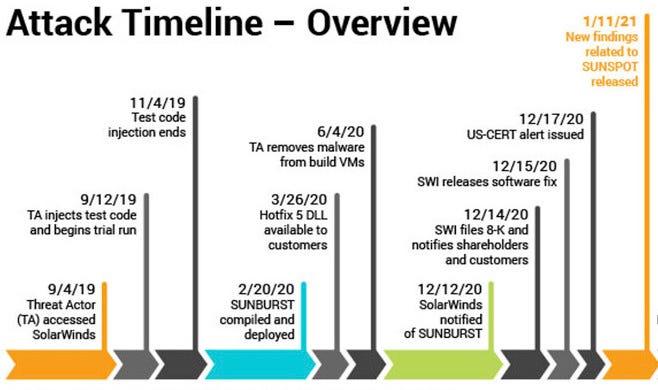SEC Cybersecurity Disclosure: An Era of Transparency and Accountability
In the evolving landscape of Cybersecurity, transparency and accountability have become paramount.
With the recent introduction of the SEC Incident Disclosure laws, we're stepping into a new era where companies are held to even higher standards of disclosure regarding their Cybersecurity practices.
Why This Matters More Than Ever
Incidents like the SolarWinds breach, where the Chief Information Security Officer was charged with fraud and internal control failures by the SEC, serve as stark reminders of the vulnerabilities and challenges companies face.
Dive into the SEC's official press release here.
The past cannot be changed. However, while we can't rewrite history (no git rewrites here), we can certainly shape the future. The laws mandate that companies provide clear, concise, and comprehensive disclosures about their Cybersecurity risks and incidents.
In the digital age, where data breaches and Cyberattacks have become alarmingly frequent, the need for transparency and accountability in the space has never been greater.
The past is riddled with incidents that have not only compromised sensitive data but also eroded public trust in major companies.
Above you see how much time passed before disclosure of the incident.
But it's not just about individual incidents. The cumulative impact of multiple breaches over the years has led to the current climate. Stakeholders, whether it investors, customers, or partners, are now more cautious than ever, scrutinizing the Cybersecurity measures companies have in place.
It's now not just a regulatory requirement; it's a response to the growing demand for transparency. People want to be informed. They want to know the risks they're exposed to and the measures companies are taking to mitigate these risks.
In the end, while we can't change the past, this provides a precedent for the future. A future where companies and stakeholders work hand in hand, navigating the complex landscape of Cybersecurity challenges with trust and collaboration at the forefront.
🔑 Key Takeaways from the Press Release:
Transparency is Non-Negotiable: Companies are now required to be upfront about their Cybersecurity risks, ensuring that stakeholders are well-informed.
Accountability at the Forefront: The law emphasizes the importance of companies and company individuals taking responsibility for their Cybersecurity practices
A Proactive Approach: By mandating disclosures, the law makes companies adopt a proactive approach, addressing vulnerabilities and issues as they are discovered.
What This Means for Companies and Stakeholders
For companies, this recent news signifies the need to bolster their practices, ensuring they are not only effective but also transparent. It's a call to action to prioritize Cybersecurity, understanding that it's not only about preventing breaches but also about building trust with stakeholders.
See the 2016 Uber breach for more on this.
For stakeholders, this offers a clearer picture of a company's Cybersecurity health.
It also puts the CISO role in a precarious position. But more on that another time.
In Conclusion
The Incident Disclosure law marks a significant step forward in the realm of Cybersecurity. It underscores the importance of transparency and accountability, ensuring that companies are held to the highest standards.
As we navigate this new era, it's crucial for companies to embrace these changes, understanding that robust Cybersecurity practices are not just about protection but also about building trust.
How do you see this recent development impacting the Cybersecurity landscape?




